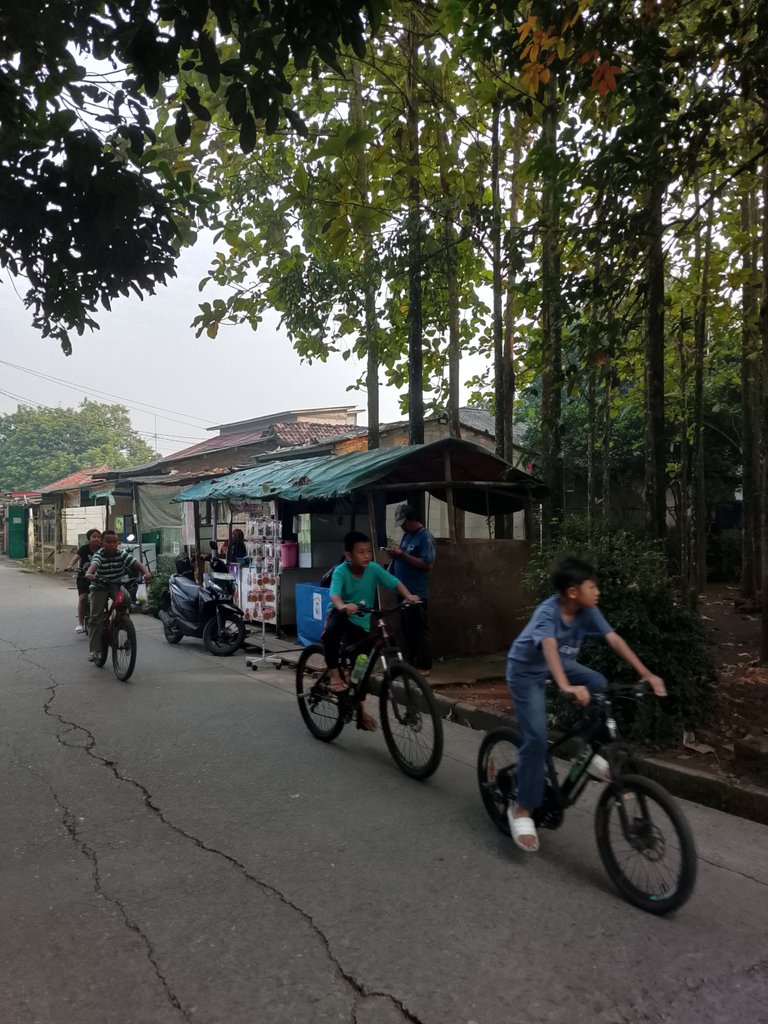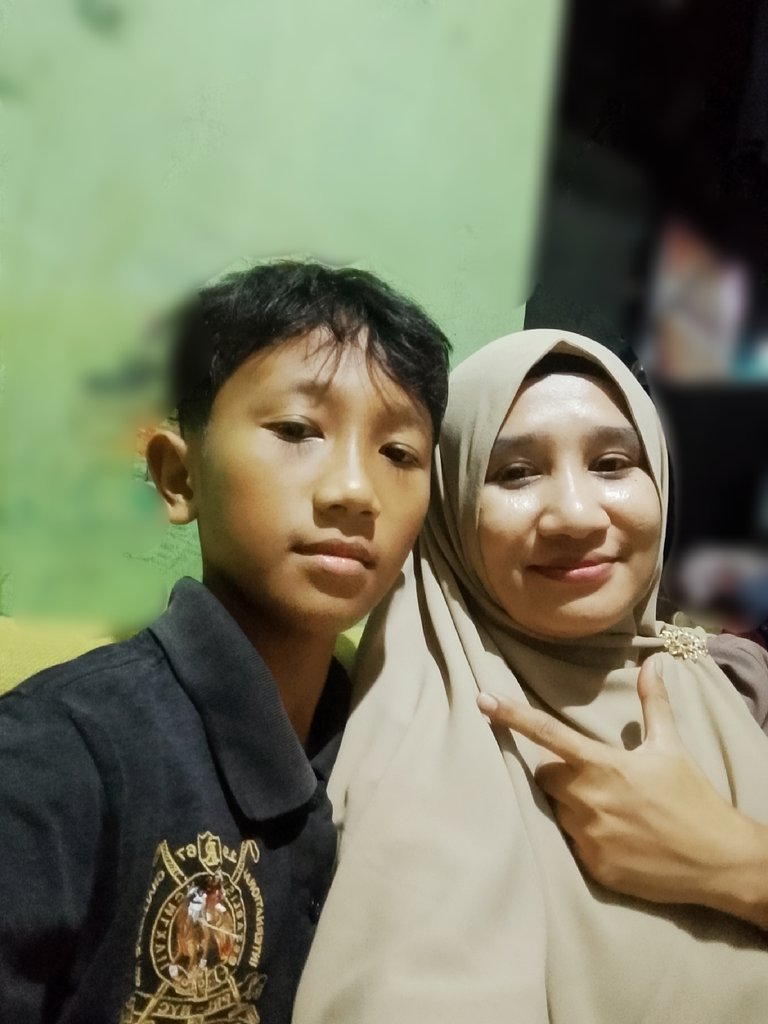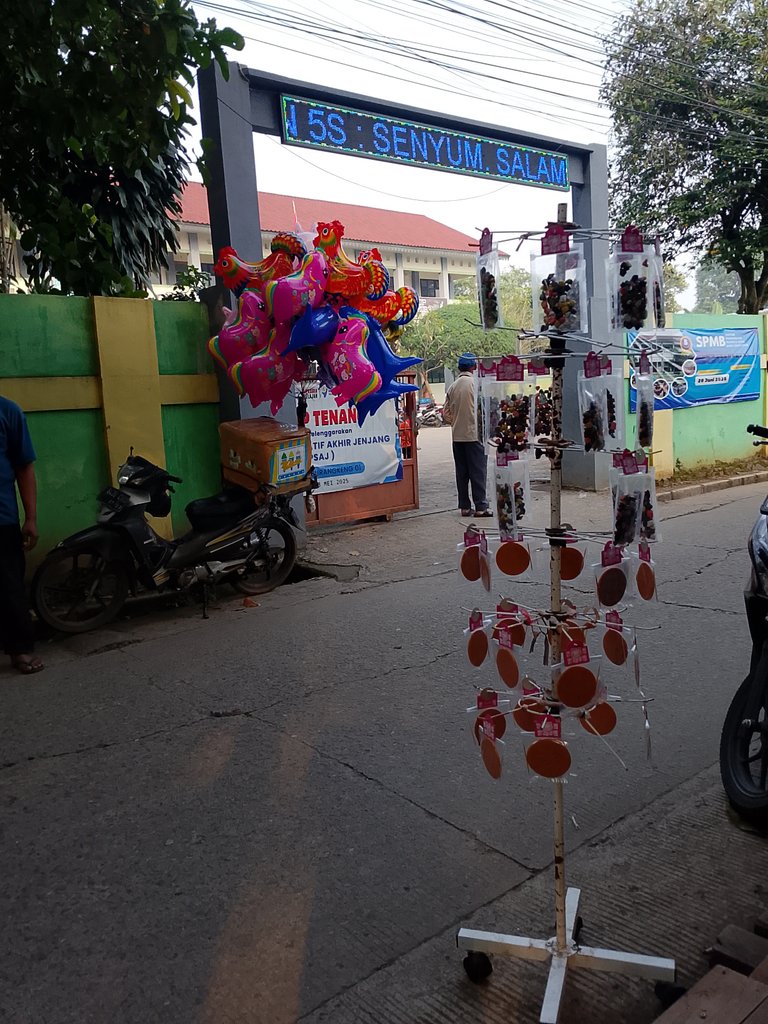Get My Son School Report

This morning, I received my son's school report at 8 a.m. The school was quiet, with only a few students around because it's the holiday period. Some students came along with their parents to collect reports. It was a calm and peaceful morning.
My son is now in Grade 5 and will enter Grade 6 in the 2025–2026 school year. In Indonesia, primary school lasts for six years. After completing it, students continue to junior high school for three years, followed by either senior high school or vocational school for another three years, depending on their chosen path.

My son preferred staying at home, playing with his phone. I couldn’t prohibit him from playing online games because it was the holiday. However, I usually limit his gaming time during school days to help him focus on studying and resting.

In Indonesia, school is free from primary to junior high school, covering nine years of basic education. There are a few minor charges, but not much. For senior high school, students in state schools must usually pay tuition, except in wealthier provinces like Jakarta, where education is often fully funded by the local government.



In 2026, Indonesia allocated roughly 20% of its state budget about IDR 760 trillion (≈ US $46 billion) to education Despite this jumbo funding, deep-rooted corruption ,like the recent Rp 9.9 trillion Chromebook procurement scandal undermines its impact. As a result, the vision of truly free, quality education remains largely a fantasy.

It’s ironic: corruption has become a latent illness in Indonesia’s education system and natural‑resource sectors, stalling national progress. Despite abundant mining assets—nickel, tin, coal—the country remains mired in graft and illegal practices that siphon off wealth. This pervasive mindset blocks true development. Indonesia should be an Asian powerhouse, but corruption makes free education and economic potential mere fantasies, keeping the nation stuck.
I truly hope I can afford to fund my children’s education through to university.
